Bee-Killing Pesticides in 51 Percent of ‘Bee-Friendly’ Plants Sold in U.S. and Canada
Garden plants advertised at Home Depot, Lowe's and Walmart as harmless to bees have been shown to kill them, a study released by the environmental advocacy group Friends of the Earth and allies reports.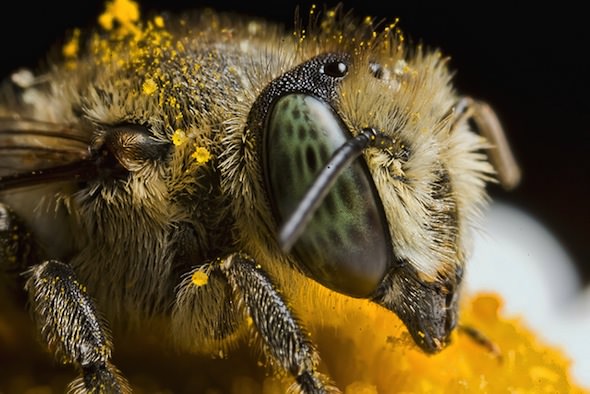
Garden plants advertised at Home Depot, Lowe’s and Walmart as harmless to bees have been shown to kill them, a study released by the environmental advocacy group Friends of the Earth and allies reports.
According to Friends of the Earth:
The study, Gardeners Beware 2014, shows that 36 out of 71 (51 percent) of garden plant samples purchased at top garden retailers in 18 cities in the United States and Canada contain neonicotinoid (neonic) pesticides — a key contributor to recent bee declines. Some of the flowers contained neonic levels high enough to kill bees outright assuming comparable concentrations are present in the flowers’ pollen and nectar. Further, 40 percent of the positive samples contained two or more neonics.
The study is a larger follow up to a first-of-its-kind pilot study released by Friends of the Earth last August. The new study expanded the number of samples and number of locations where plants were purchased, and also assessed the distribution of neonic pesticides between flowers and the rest of the plant.
“The high percentage of contaminated plants and their neonicotinoid concentrations suggest that this problem continues to be widespread,” said Lisa Archer, director of the Food & Technology program at Friends of the Earth-U.S. “Most gardeners have no idea that their gardens may be a source of harm to bees. We’re calling on retailers to get neonicotinoid pesticides out of their plants and off their shelves as soon as possible. Until then, gardeners should buy organic plants to ensure the safety of bees.”
“Our data indicate that many plants sold in nurseries and garden stores across the U.S. and Canada are being pre-treated with systemic neonicotinoid insecticides, making them potentially toxic to pollinators,” said Timothy Brown, Ph.D., co-author of the report from the Pesticide Research Institute. “Unfortunately, these pesticides don’t break down quickly so these plants could be toxic to bees for years to come.”
Bees and other pollinators are essential to two-thirds of food crops humans consume daily, and are in worrying decline around the world.
Read more here.
— Posted by Alexander Reed Kelly.
Your support matters…Independent journalism is under threat and overshadowed by heavily funded mainstream media.
You can help level the playing field. Become a member.
Your tax-deductible contribution keeps us digging beneath the headlines to give you thought-provoking, investigative reporting and analysis that unearths what's really happening- without compromise.
Give today to support our courageous, independent journalists.
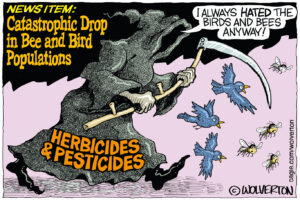
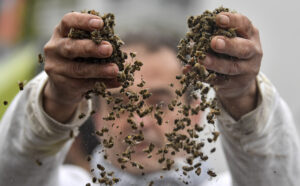
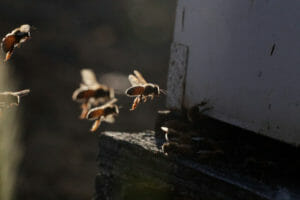
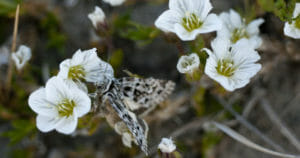



You need to be a supporter to comment.
There are currently no responses to this article.
Be the first to respond.